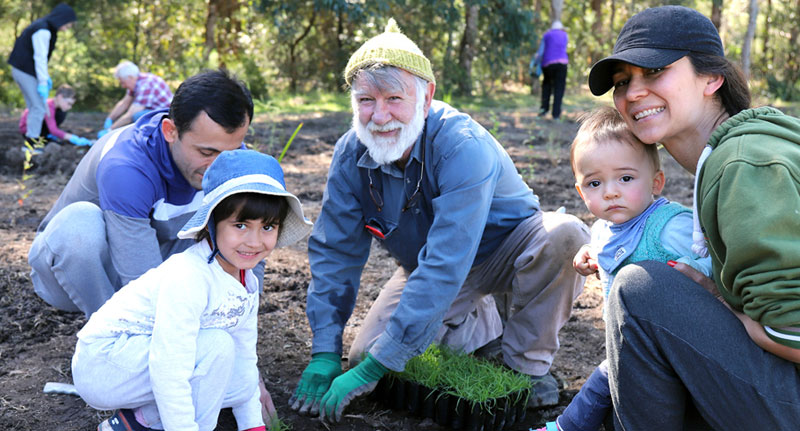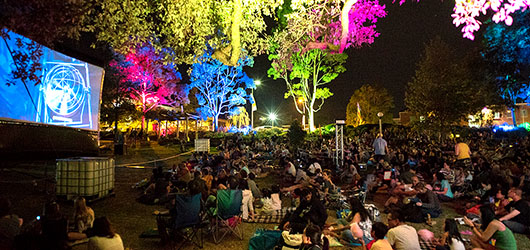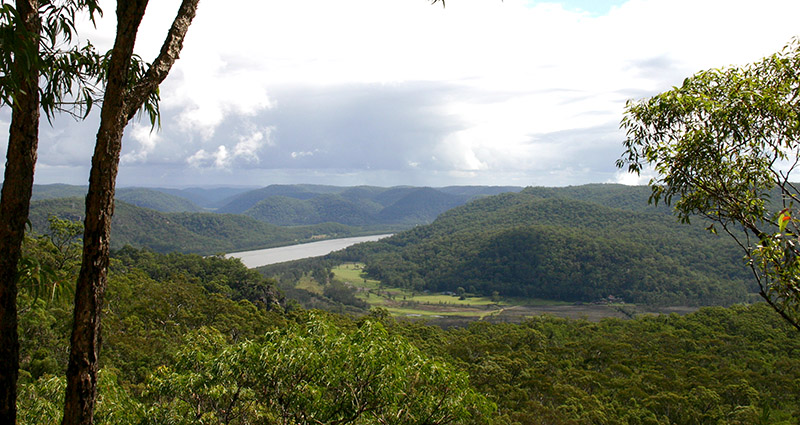What can I do if my neighbour won’t address my concerns?
- In civil terms it is the tree owner’s responsibility to manage and maintain a tree on their property.
If you are concerned about any liability relating to trees and vegetation that overhangs into a neighbour’s premises, which may or may not be poisonous to people or animals, please seek your own legal advice.
- Council recommends you should advise your neighbour of your concerns and request your neighbour to manage a tree/s when they are causing nuisance to your private property.
An example of a tree causing nuisance is where the tree branches have grown over and are touching the roof of your property or are touching the domestic service line.
- A Council permit is not required for the pruning of tree branches and/or up to 10% of the leaf canopy (area), where a branch is causing nuisance to your property, where you have sought or obtained consent from the tree owner.
If you intend to undertake work without the consent of your neighbour, you can only undertake the work from your property. It is unlawful to enter a neighbour’s property without the owner’s consent.
Council recommends that where you seek to resolve a matter relating to tree roots with your neighbour, you seek advice from either Council or an independent arborist holding a (AQF5) Diploma qualification in Arboriculture.
The above must only be done after you have established that your neighbour’s property is not:
- Within a Heritage Conservation Area (HCA)
- Is Heritage listed;
- Within an Endangered Ecological Community (EEC) area.
Neighbour disputes
Council does not arbitrate in disputes relating to neighbours and trees. The best option is to follow the steps below:
- Notify your neighbour verbally and in writing of the damage/nuisance being caused and give your neighbour the opportunity to rectify the problem before taking further action.
- Try and reach an agreement with your neighbour about what should be done before proceeding.
If the matter cannot be resolved through the above process, then legal advice may be sought to see if the matter needs to be resolved in the NSW Land & Environment Court. It is essential that you make a reasonable attempt to resolve the situation before approaching the court.







